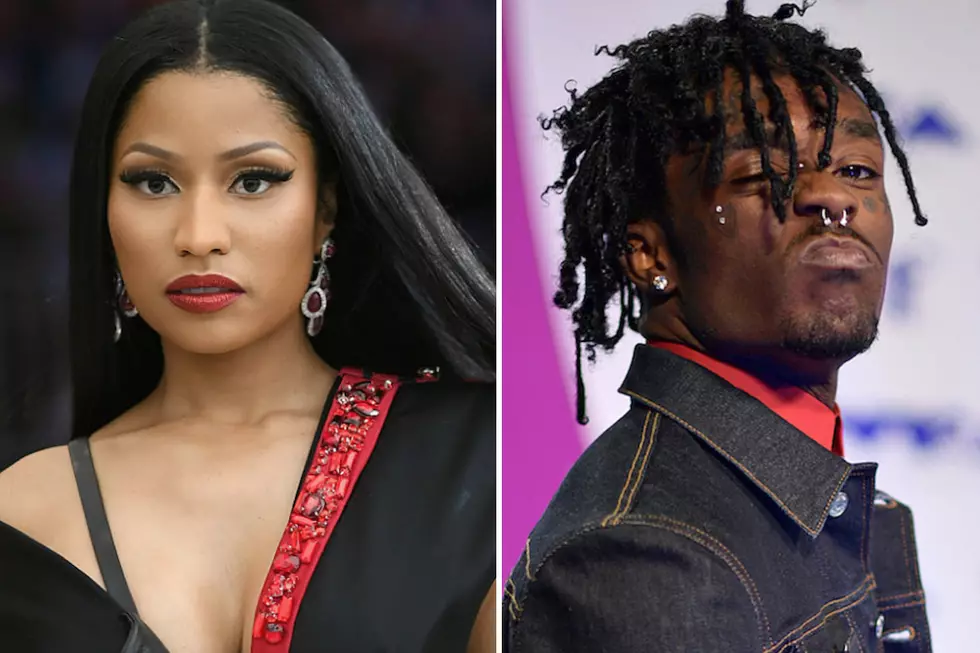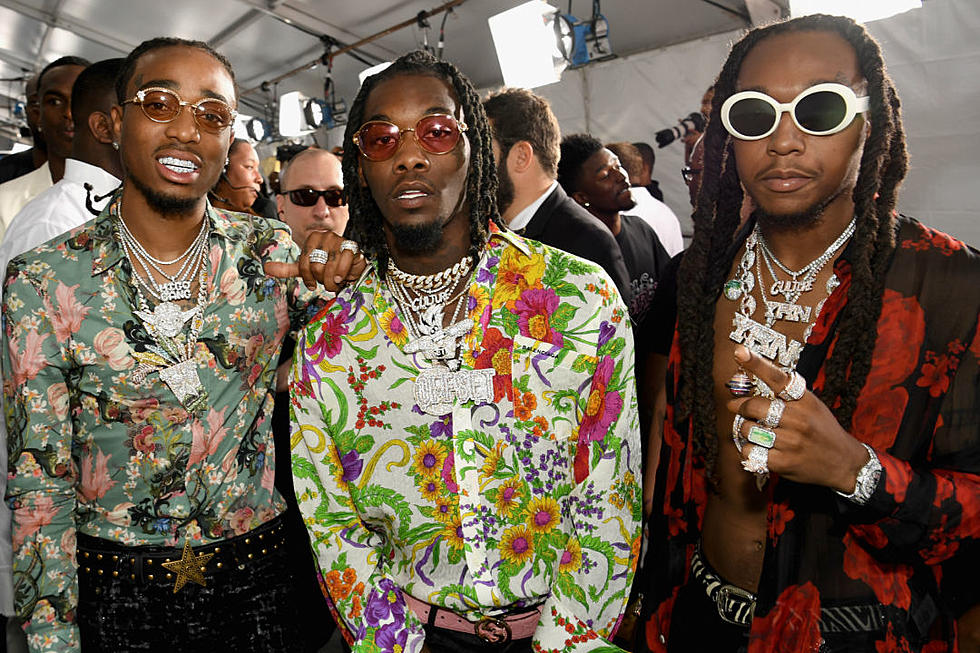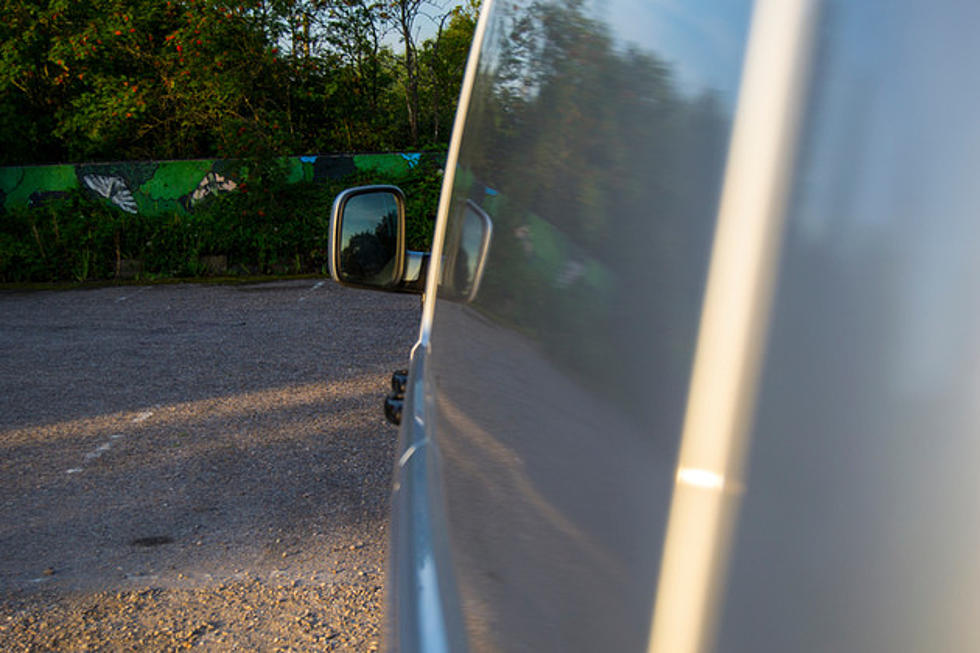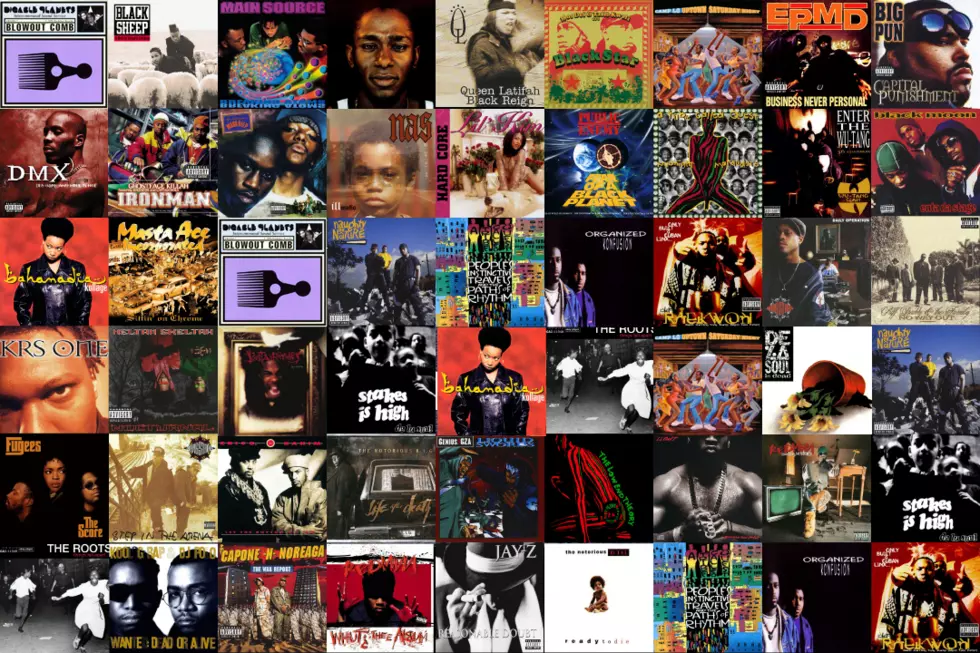
Kendrick Lamar’s ‘good kid, m.A.A.d city’ 5 Years Later
“I couldn’t tell you what type of sound or where I’ma be in the next five years as far as music. It’s a big difference from the next project compared to the last. And that’s what happened with this album. Going back to the neighborhood and going to different spots, chilling with my homeboys, put me back in that same space where we used to be, bringing back them thoughts, reminiscing how I was feeling. I got myself right back in that mode and I got inspired by that. So this album won’t sound like Section.80.
"Completely nothing like it.”
That was Kendrick Lamar talking to XXL back in August of 2012, as he was prepping his first major label album following the acclaim of his indie debut, Section.80. Top Dawg Entertainment had inked a deal with Interscope that March and, though ScHoolboy Q's Habits & Contradictions was earning the most recent raves, the general public was primed for Kendrick's first release as an artist on Dr. Dre's Aftermath label.
With the Dr. Dre affiliation came speculation that Kendrick might go in a direction more aligned with Dre's traditional Aftermath productions, like his 2000s work with The Game. But K. Dot was committed to what had made him an underground king; he wanted a more subdued, atmospheric sound and he trusted that he could get it with Top Dawg's in-house production team, Digi+Phonics.
But the first song Kendrick recorded for the album featured his new mentor. Dr. Dre assisted on the rollicking "Compton," which was produced by a well-known hitmaker in Just Blaze. While it didn't necessarily reflect K. Dot's stated intentions regarding his approach, it did set the stage for the album in that Kendrick's focus was squarely on his hometown.
In the months leading up to the recordings, he'd been immersed in the culture from whence he'd come; the gangbanging, the drug abuse and addiction, the hardship that young Black kids faced growing up in Compton, Calif. It was a story that a young Ice Cube had attempted to tell a generation prior, but Kendrick reflected his hood in the 2010s. And where Cube had been unflinchingly angry and raging, Kendrick's voice was more introspective—somewhere between Nas and Eminem.
The album's first single also featured Dre and was produced by Scoop DeVille. "The Recipe" announced that Kendrick had something serious cooking. It echoed the Cali-centric focus of the album and served as an appetizer for Lamar's soon-to-come opus.
Kendrick had wanted to keep the production low-key, but he did have a handful of high-profile hitmakers contributing.
Tha Bizness delivered "Sherane a.k.a Master Splinter's Daughter," a thoughtful, youthful musing on a teenage crush as filtered through the grim realities of street life. "Backseat Freestyle" from Hit-Boy had the kind of bombastic energy that propelled one of Kendrick's greatest lyrical showcases. And DJ Dahi's lush "Money Trees" was another standout: an almost OutKast-like track that made the pursuit of cash sound like the highest form of enlightenment.
"Bitch Don't Kill My Vibe" is one of Sounwave's most celebrated productions and possibly the definitive track on good kid, m.A.A.d city. The song was initially envisioned as a duet with Lady Gaga, and that version—called "Partynauseous"—was subsequently released by Gaga, to which Lamar approved.
Pharrell Williams' distinct sound meshed perfectly with what was bubbling during the sessions. The superproducer's "good kid," would become the centerpiece of the album as paired with the Terrace Martin-assisted "m.A.A.d city," which featured another Compton O.G. in MC Eiht.
A standout single, "Poetic Justice" featured Drake and a stellar flip of Janet Jackson's "Anytime, Anyplace;" as Kendrick offered his most LL-worthy loverman rhymes for one of the album's most mellow moments. Lamar wanted Jackson to appear in the video and Scoop DeVille had initially been approached by 50 Cent about recording the track.
"Sing About Me (I'm Dying of Thirst)" drew tremendous praise from fans and critics, for its complex, emotional subject matter and the ambitious production of Pac Div's Like. At over 12 minutes and featuring two sketches, its Lamar assuming the positive and negative voices and impulses in all of us; discussing mortality and life choices from his perspective and others,' and it remains the album's grandest musical moment.
"Swimming Pools (Drank)" would become Lamar's first major hit upon release as a single the summer prior to the album dropping. "Swimming Pools" was Kendrick's questioning take on young people and alcoholism, and it became a Top 25 hit on the Billboard 200, eventually peaking at 17. It announced Kendrick Lamar, already an acclaimed artist, as a bonafide star.
The album became one of the year's most celebrated, and Kendrick was suddenly the guy who had returned thoughtful rap to the charts at the height of drugged-out trap hits and who'd resurrected Compton's swagger--and in the process, he'd revitalized a West Coast rap scene that was primed to blow. It all seemed preordained; from his Dre affiliation, to 2Pac comparisons. In the case of the latter, Lamar even revealed that he'd had a vision of the slain Tupac Shakur come to him in a dream when he was younger.
"Weirdest shit ever," Kendrick would tell GQ in 2013. "I’m not huge on superstition and all that shit. That’s what made it so crazy. It can make you go nuts. Hearing somebody that you looked up to for years saying, ’Don’t let the music die.’ Hearing it clear as day. Clear as day. Like he’s right there. Just a silhouette."
In the fall of 2012, Kendrick Lamar leapfrogged his peers in terms of critical acclaim and cultural importance. Drake had the hits, but hadn't delivered the kind of assured album that commanded widespread acclaim; J. Cole had a lot of critical respect, but hadn't had the kind of hits that got the mainstream world's attention. With good kid, m.A.A.d city, Kendrick Lamar built on the reputation he'd garnered with mixtapes and Section.80; and he did more than just live up to his early potential, he became a standard-bearer for a generation. And in the five years since, he's only upped the ante.
Watch Kendrick Lamar's Video for "Swimming Pools (Drank)":
Watch Kendrick Lamar's Video for "Bitch, Don't Kill My Vibe":
Watch Kendrick Lamar's Video for "Poetic Justice" feat. Drake:
More From 107 JAMZ
![Cardi B Gets Kicked Out of Albany Hotel, Calls the City ‘Racist’ [VIDEO]](http://townsquare.media/site/625/files/2017/09/Cardi-B-Police-Chokehold.jpg?w=980&q=75)


![Gucci Mane’s Brother Says He Didn’t Get Invited to Lavish Wedding [VIDEO]](http://townsquare.media/site/625/files/2017/10/Gucci-Mane-Brother-No-Wedding-Invite.jpg?w=980&q=75)



![Big K.R.I.T Releases Keep The Devil Off From Upcoming Double Album [NSFW]](http://townsquare.media/site/160/files/2017/10/GettyImages-456498404.jpg?w=980&q=75)


